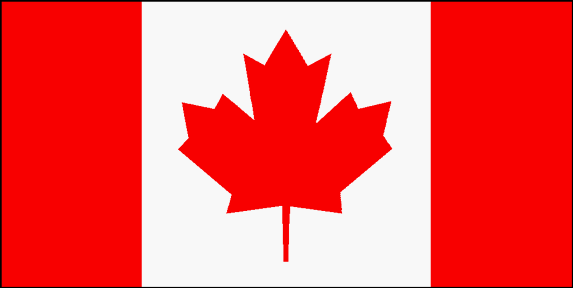 CANADIAN INTELLIGENCE-RELATED DOCUMENTS
CANADIAN INTELLIGENCE-RELATED DOCUMENTS CANADIAN INTELLIGENCE-RELATED DOCUMENTS
CANADIAN INTELLIGENCE-RELATED DOCUMENTS
27.2 Since the end of the Cold War, the scope and focus of intelligence activities have changed significantly. In addition to continuing needs for information on long-standing concerns, such as terrorism, the government now requires intelligence on many new issues; for example, the proliferation of weapons of mass destruction, transnational organized crime and economic espionage.
27.3 To obtain intelligence, the government relies on agencies that need the authority to use intrusive techniques and that must do much of their work in secret. Control and accountability arrangements, therefore, are critical from two perspectives: to balance the need to protect and promote national interests with the need to safeguard individual rights and freedoms, and to respond to growing expectations for all government organizations to be efficient and effective.
27.4 Our audit provides an overview of the Canadian intelligence community - those agencies and units that collect, analyze and report security intelligence and foreign intelligence and those that co-ordinate or review their operations. In addition, it informs Parliament about the nature, extent and functioning of control and accountability arrangements in the intelligence community.
27.5 Substantial arrangements for control and accountability are in place, and progress has been made in recent years in strengthening them. Although Parliament's role is limited by the fact that the activities and performance of intelligence agencies cannot be subject to the same degree of public scrutiny and debate as other government organizations, several bodies external to government do provide scrutiny and review. The government provides direction to the community by setting priorities and co-ordinates its activities through the Privy Council Office. Procedures exist to provide for ministerial control and accountability in significant and sensitive areas of activity, and both the Canadian Security Intelligence Service and the Communications Security Establishment have plans, policies and procedures to guide operational activities. Finally, the Department of Justice plays an important legal control role.
27.6 There are opportunities, however, to improve control and accountability arrangements. Action in such areas, for instance, as strengthening leadership and co-ordination, measuring and monitoring community-wide performance, establishing broad ministerial directions and internal reviews within the departments of National Defence and Foreign Affairs and International Trade, and improving performance measurement in the Canadian Security Intelligence Service and the Communications Security Establishment will help the community respond to challenges arising from the changing intelligence environment, and to growing public expectations for improved control and accountability of all government institutions.